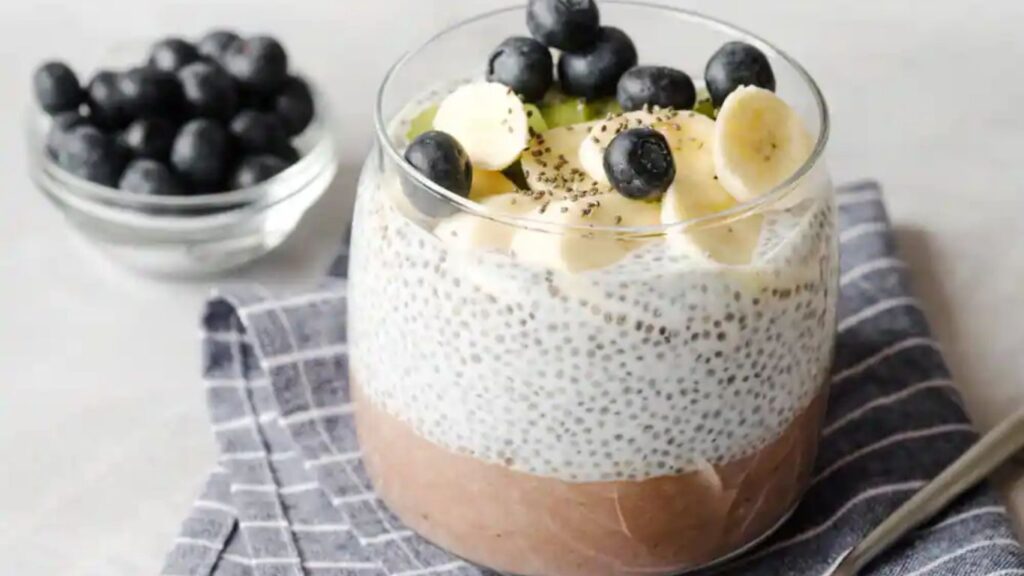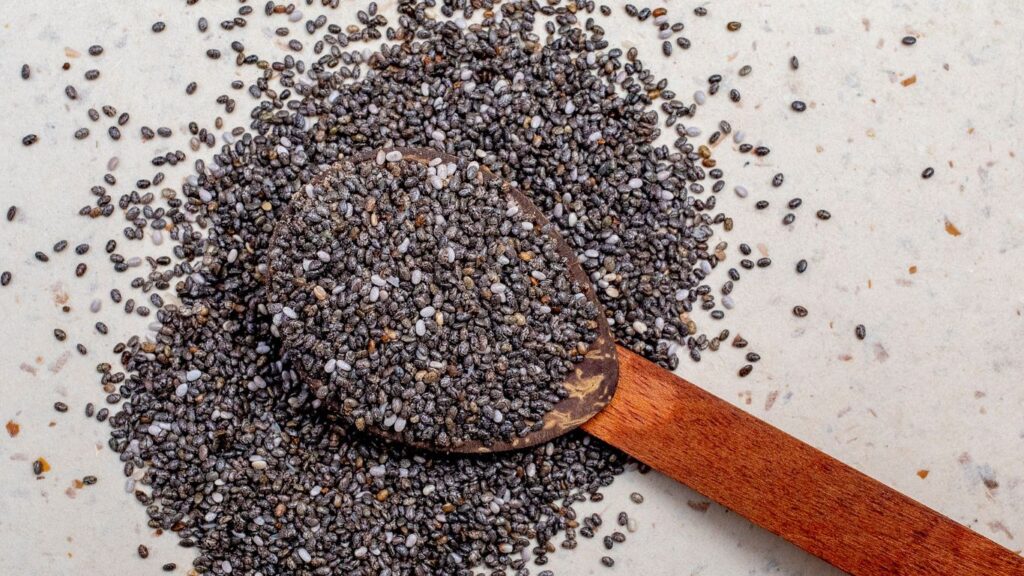In the realm of health and nutrition, chia seeds have emerged as a superfood, gaining acclaim for their remarkable benefits. Originating from the Salvia Hispanics plant, native to Mexico and Guatemala, these tiny seeds have been a dietary staple since ancient times, cherished for their ability to provide sustainable energy. Today, they are celebrated not just for their energy-boosting capabilities, but also for their profound impact on weight management and metabolic health. This blog delves deep into the world of chia seeds, unraveling how they can be an integral part of your journey towards a healthier life.
Chia Seeds: The Superfood for Weight Management and Metabolic Health
Understanding Chia Seeds
Chia seeds are small, oval, and typically black or white. Despite their size, they pack a nutritional punch, being rich in omega-3 fatty acids, fiber, protein, vitamins, and minerals. When soaked in liquid, chia seeds expand and form a gel-like substance due to the soluble fiber they contain, which is a key factor in many of their health benefits.
Nutritional Profile
To appreciate the benefits of chia seeds, it’s crucial to understand their nutritional makeup:
- Omega-3 Fatty Acids: They are a rich source of alpha-linolenic acid (ALA), a type of omega-3 fatty acid essential for heart health.
- Fiber: With an impressive fiber content, mostly soluble, they aid in digestion and satiety.
- Protein: They provide a good plant-based protein source, essential for muscle repair and growth.
- Minerals: Rich in minerals like calcium, magnesium, and phosphorus, chia seeds support bone health, energy metabolism, and more.
Weight Management
Satiety and Reduced Food Intake

One of the most celebrated benefits of chia seeds is their ability to promote satiety. The soluble fiber in chia seeds absorbs water and expands in the stomach, making you feel full for longer periods. This can lead to a natural reduction in calorie intake, aiding in weight loss. Additionally, the protein content also contributes to satiety, helping reduce hunger pangs.
Impact on Metabolism
Chia seeds can have a positive effect on your metabolism. The combination of protein, fiber, and healthy fats can help boost metabolic rate, leading to more calories burned throughout the day. Moreover, the fiber promotes a healthy digestive system, which is crucial for efficient metabolism and weight management.
Metabolic Health
Blood Sugar Regulation
The fiber in chia seeds can help stabilize blood sugar levels by slowing down the rate at which glucose is absorbed into the bloodstream. This can be particularly beneficial for individuals with diabetes or those at risk. Stable blood sugar levels can also prevent sudden hunger spikes, aiding in better appetite control.
Heart Health
Omega-3 fatty acids are known for their cardiovascular benefits. They can help reduce inflammation, lower triglyceride levels, and decrease the risk of heart disease. The fiber in chia seeds also contributes to heart health by aiding in the reduction of bad cholesterol levels.
Incorporating Chia Seeds into Your Diet
To reap the benefits of chia seeds, it’s important to incorporate them into your diet effectively. Here are some tips and ideas:
Start Your Day with Chia
Add chia seeds to your breakfast to kickstart your metabolism and keep you full throughout the morning. Mix them into oatmeal, sprinkle over yogurt, or prepare a chia seed pudding by soaking them in milk or a milk alternative overnight.

Snack Smart
For a healthy, filling snack, create a chia-based smoothie, or simply mix a tablespoon of chia seeds with water and a squeeze of lemon for a refreshing drink that keeps hunger at bay.
Enhance Your Meals
Sprinkle chia seeds over salads, soups, or vegetable dishes. Not only do they add a nutritional boost, but they also provide a satisfying crunch.
Baking with Chia
Chia seeds can be a great addition to baked goods. Use them as an egg substitute, thicken sauces, or simply mix into bread, muffins, or pancakes for added texture and nutrients.
Potential Side Effects and Considerations
While chia seeds are generally safe for most people, they can absorb a significant amount of water, leading to potential gastrointestinal issues if not consumed properly. Always ensure to drink plenty of water when increasing your fiber intake with chia seeds. Additionally, individuals on blood thinners should consult with a healthcare provider due to the high omega-3 content.

Conclusion
Chia seeds stand out in the world of nutritional powerhouses. Their unique combination of nutrients can significantly impact weight management and metabolic health. By incorporating chia seeds into your diet, you’re not just adding texture and flavor to your meals; you’re also investing in a long-term, sustainable approach to health. Whether you’re looking to shed pounds, stabilize your blood sugar, or simply boost your overall well-being, chia seeds can be a valuable ally on your journey to a healthier life. As with any dietary change, it’s wise to start slowly and listen to your body’s needs, gradually making chia seeds a staple in your path to wellness.
Also read: Effortless Ways to Boost Your Health: 5 Physical Activity and 5 Diet Tips
